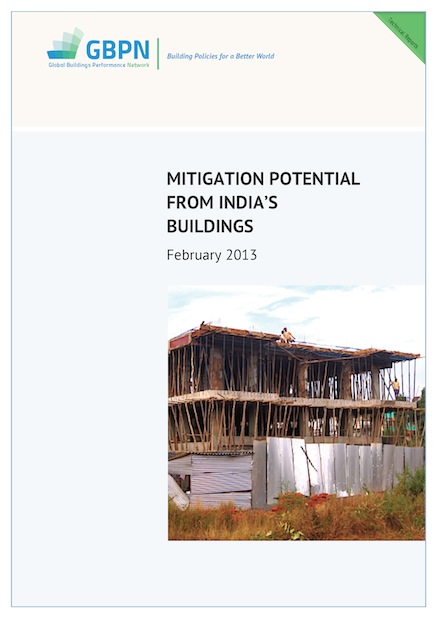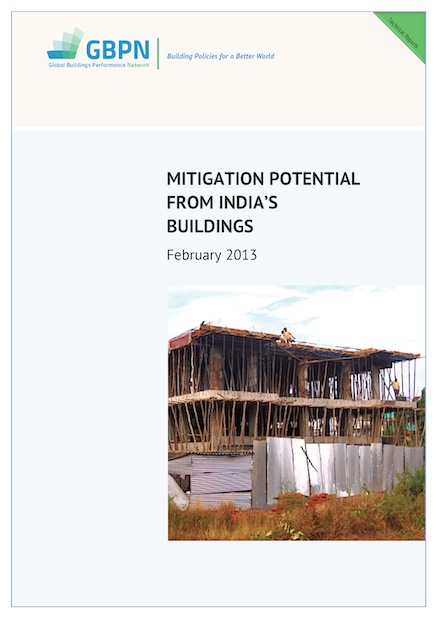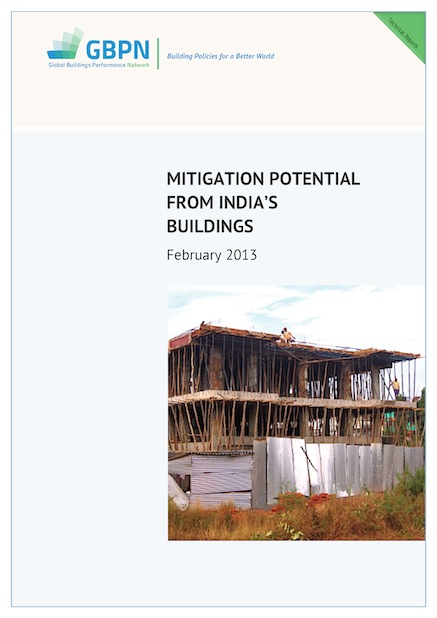印度建筑的减排潜力

可靠证据表明,至2050年印度建筑领域会产生巨幅能源增长,基于此估测,本报告分析了印度目前建筑节能减排的政策框架及其节能潜力。
6 result(s) found

可靠证据表明,至2050年印度建筑领域会产生巨幅能源增长,基于此估测,本报告分析了印度目前建筑节能减排的政策框架及其节能潜力。
可靠证据表明,至2050年印度建筑领域会产生巨幅能源增长,基于此估测,本报告分析了印度目前建筑节能减排的政策框架及其节能潜力。
 可靠证据表明,至2050年印度建筑领域会产生巨幅能源增长,基于此估测,本报告分析了印度目前建筑节能减排的政策框架及其节能潜力。
可靠证据表明,至2050年印度建筑领域会产生巨幅能源增长,基于此估测,本报告分析了印度目前建筑节能减排的政策框架及其节能潜力。
 Technical Report
Technical Report
Demonstrating the enormity of the predicted energy growth in India's building sector up to 2050, this report explores the current political framework for energy efficient buildings and the potential for change.
Residential energy efficiency interventions are complex social and construction programmes that may benefit health, yet the interactions between the material improvements, health and health-related outcomes, and householder responses are not well understood. While indoor winter warmth and householder satisfaction have been identified as the key mediators for physiological, mental and social health outcomes, this paper explores how programme contexts may have influenced the outcomes. This review revealed that common target populations were low income households, children and the elderly.
This report is the first report of the ‘Energy Savings 2030’-project which seeks to help the Coalition for Energy Savings to produce a robust and timely input to the 2030 policy discussion. It brings together and summarises recent empirical evidence on costs and benefits of energy efficiency measures. The evidence gap in terms of reliable ex-post data is well known. In the majority of cases results from ex-ante modelling studies inform the debate. The research carried out for this report confirms the persistent gap in publicly available ex-post evaluations of energy efficiency programmes.